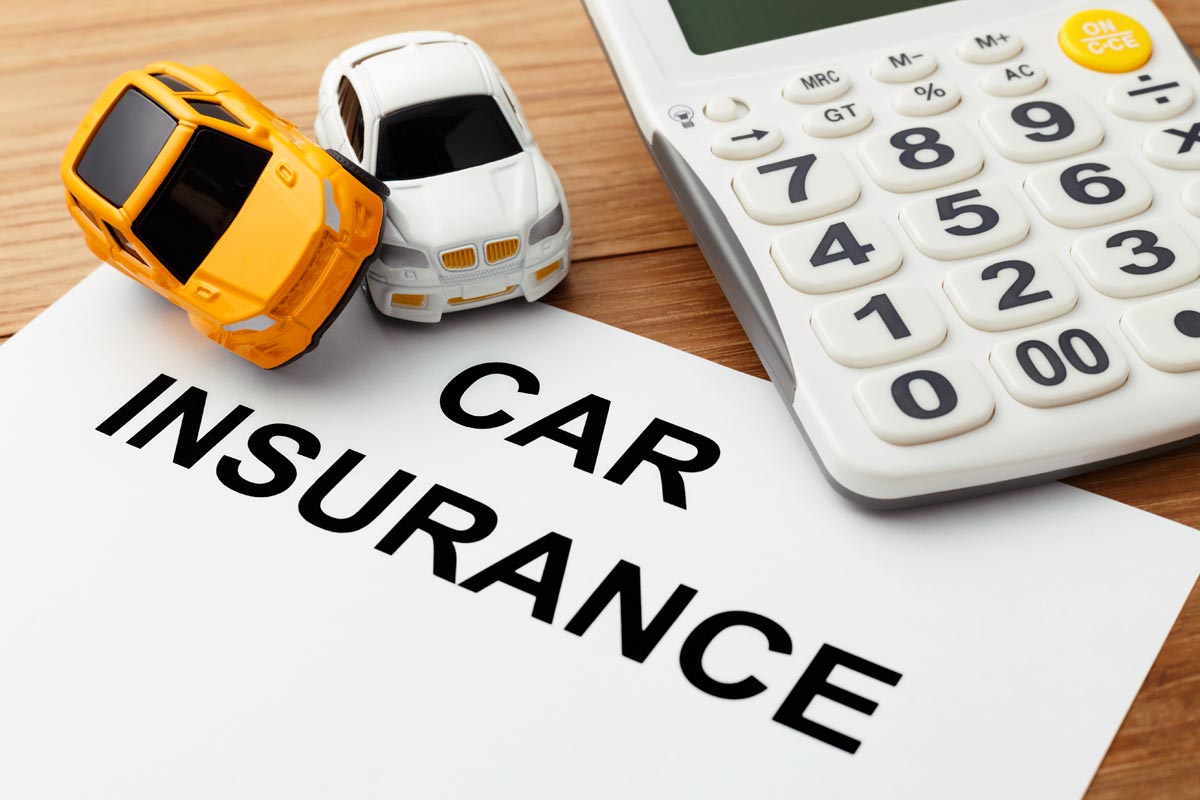Southeast Insights
Your go-to source for news and information from the vibrant heart of Shenyang.
Insuring Your Ride: Are You Paying for More Than You Need?
Discover hidden costs in your ride insurance! Find out if you're overpaying and how to save big on your premium today!
Understanding the True Cost of Auto Insurance: Are You Overpaying?
When it comes to auto insurance, many drivers are left wondering whether they're truly getting a fair deal. The true cost of auto insurance goes beyond just the monthly premium. Factors such as your driving history, vehicle type, location, and even credit score play significant roles in determining how much you pay. It's essential to evaluate these elements and see if they align with what you believe is a reasonable rate. Many consumers simply accept their premium without questioning if they are overpaying, leading to substantial overcharges.
To assess whether you are overpaying for your auto insurance, take the time to compare quotes from multiple providers. Shopping around can reveal significant discrepancies in pricing for similar coverage. Additionally, review your policy regularly and consider factors like discounts for safe driving, bundling insurance policies, and the level of coverage you truly need. Remember, a lower premium doesn’t always mean better value; it's crucial to understand what you are paying for and ensure you are not sacrificing essential coverage in your pursuit of savings.

Top 5 Factors That Impact Your Car Insurance Premium: What You Need to Know
Understanding the factors that impact your car insurance premium is essential for making informed decisions and potentially saving money. One of the primary elements to consider is your driving record. Insurers closely examine your history to assess risk; a clean record can lead to lower premiums, while accidents or traffic violations can increase costs significantly. Additionally, the type of vehicle you drive plays a crucial role. Sports cars or those with high theft rates often come with higher premiums due to the increased risk associated with them.
Another significant factor is your location. Urban areas typically have higher rates due to increased traffic and a higher likelihood of accidents, whereas rural regions may see lower premiums. Furthermore, your credit score can also influence your premium; many insurance companies use credit-based insurance scores to gauge the likelihood of claims. Lastly, the coverage options you choose, including deductible amounts and additional coverage like comprehensive and collision, can dramatically affect your overall premium costs. By understanding these five factors, you can make smarter choices about your car insurance.
Is Your Auto Insurance Policy Doing Its Job? Key Questions to Ask
Your auto insurance policy is designed to protect you in various situations, but how can you be sure it's truly serving its purpose? Start by asking yourself key questions that might reveal gaps in your coverage. For instance, do you fully understand the types of coverage you have, such as liability, collision, and comprehensive? Each of these plays a crucial role in your financial security when it comes to unexpected events like accidents or theft.
Next, consider assessing the deductibles and limits of your policy. Are they appropriate for your current situation? You might also want to query how your policy handles claims and what the process looks like. If you're unsure about any aspect of your auto insurance, it's essential to reach out to your provider for clarification. By asking these important questions, you can ensure that your auto insurance policy is indeed doing its job effectively.